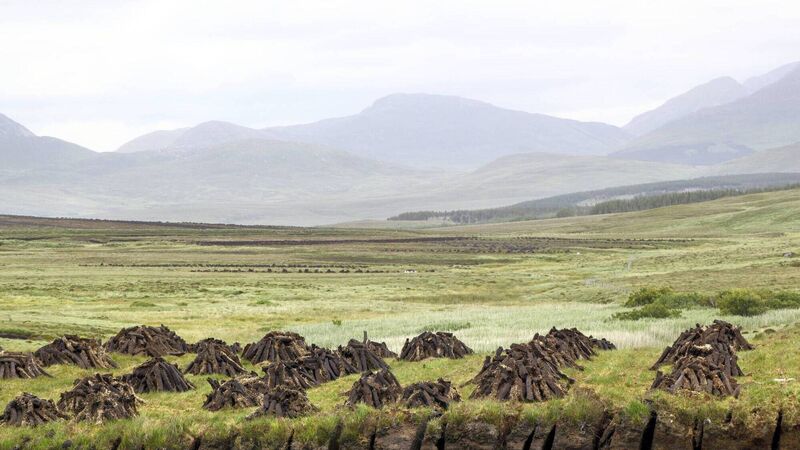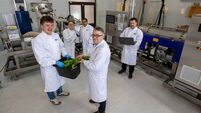Wed, 28 Dec, 2022 - 13:50
Stephen Cadogan
Farmed peatland will be one of the fiercest battlegrounds in the climate action debate.
Early interpretations of the EU’s proposed nature restoration laws indicate up to 210,000 hectares of drained and farmed peatlands in Ireland may yet have to be rewetted.
Already a subscriber? Sign in
You have reached your article limit.
Subscribe to access all of the Irish Examiner.
Annual €130 €80
Best value
Monthly €12€6 / month
Introductory offers for new customers. Annual billed once for first year. Renews at €130. Monthly initial discount (first 3 months) billed monthly, then €12 a month. Ts&Cs apply.














